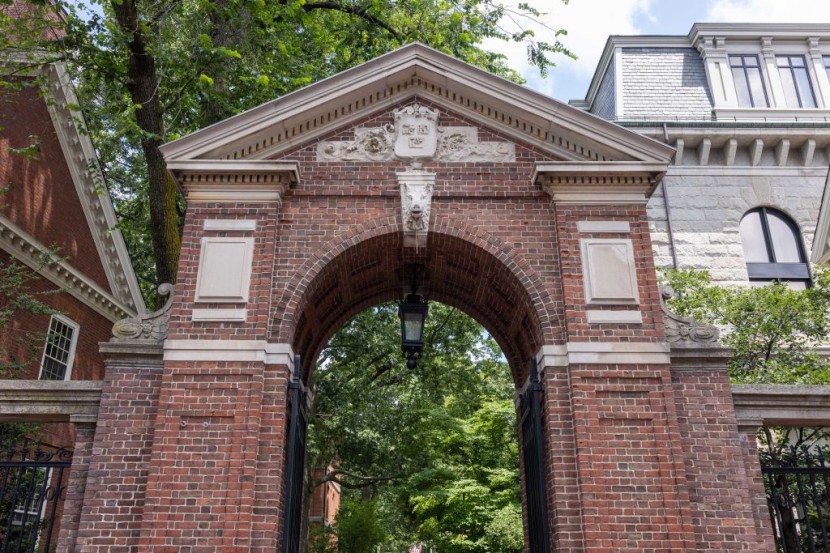According to a letter from the department, the U.S. Department of Education is looking into whether Harvard engages in racial discrimination by giving preference to candidates who have connections to donors and alumni.
Following a complaint filed earlier this month by three civil rights organizations, the department's Office for Civil Rights launched the investigation, as reported by Reuters.
Admission of White Students Favored More?
The groups claimed that Harvard's preference for "legacy" undergraduate candidates disproportionately favors white students, in violation of a federal civil rights law.
Many schools and universities still adhere to traditional admissions procedures, but since the Supreme Court invalidated measures taken by Harvard College and the University of North Carolina to increase the admittance of non-white students in June, these procedures have come under increased scrutiny.
According to the lawsuit, applicants with legacy or donor links to Harvard College, the undergraduate division of Harvard University, are about 70 percent white and have a six- to seven-fold increased chance of admission compared to general applicants.
These numbers were derived from Harvard admissions information that was made available to the public following the Supreme Court's decision in the case in June.
In the course of its examination, the Education Department is anticipated to gather more recent data.
Read also: Harvard Gun Study: The More Guns, The Less Criminal Activity
Demand to End Legacy Admissions
According to a Harvard representative, the Ivy League institution with its headquarters in Cambridge, Massachusetts, is revisiting specific areas of its admissions procedures to ensure that it can continue to enroll a diverse student body in light of the Supreme Court's ruling.

Through a spokeswoman, the Education Department acknowledged that it was conducting an investigation in accordance with Title VI of the Civil Rights Act of 1964, which forbids racial discrimination in programs receiving federal funding.
Following a few other American higher education institutions that have discontinued legacy admissions in recent years, Wesleyan University and the University of Minnesota's Twin Cities campus announced they would stop using them in July.
At a press conference on Tuesday addressing the federal investigation, Sellstrom and officials from two of the Boston-area civil rights organizations included in the complaint both gave remarks.
Colleges should stop using legacy preferences, according to Edward Blum, an opponent of affirmative action whose group Students for Fair Admissions sued Harvard and won last month's Supreme Court decision.
Legacy Admissions are Widespread in the US
Legacy admissions are a practice in which colleges give special consideration to children of alumni when deciding who to admit. This practice is widespread in the United States, with an estimated 42 percent of private colleges and 6 percent of public colleges using legacy status as a factor in admissions.
In recent years, there has been a growing movement to end legacy admissions. In 2018, the University of Chicago announced that it would no longer consider legacy status in admissions.
It remains to be seen whether legacy admissions will continue to be a factor in college admissions in the United States. However, the debate over legacy admissions is likely to continue for many years to come.
Related article: Harvard to Use AI in Teaching Flagship Coding Class Next Semester
© 2026 HNGN, All rights reserved. Do not reproduce without permission.








